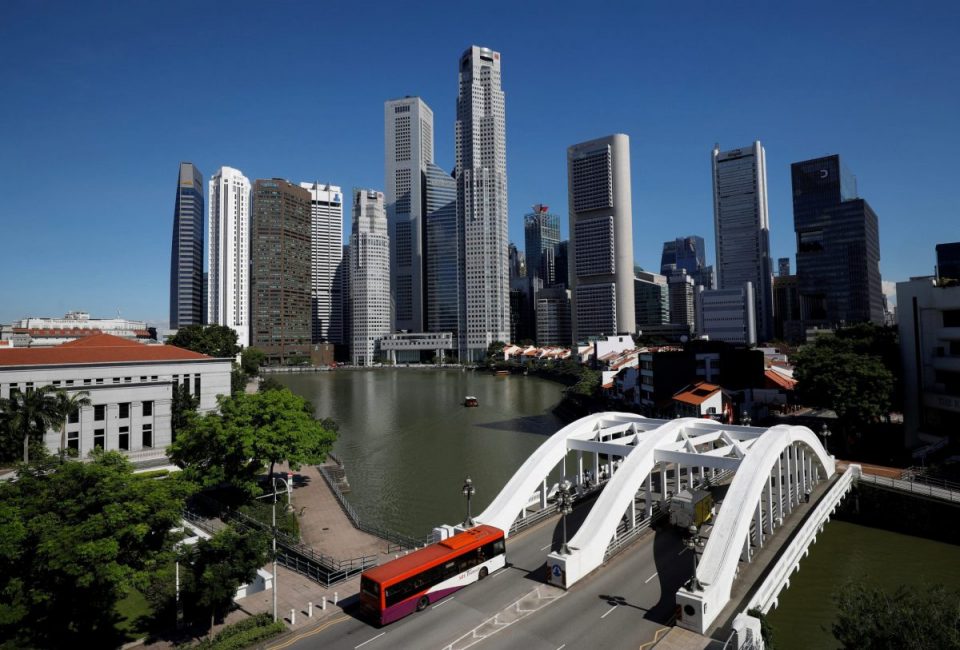SINGAPORE, Nov 23 — The Singapore economy contracted by 5.8 per cent year-on-year in the third quarter of 2020 (Q3 2020), moderating from the 13.3 per cent contraction recorded in the previous quarter, according to the republic’s Ministry of Trade and Industry (MTI).
In a statement issued today, MTI said the island city’s economy expanded by 9.2 per cent on a quarter-on-quarter, seasonally-adjusted basis during the period, a turnaround from the 13.2 per cent contraction in Q2 2020.
The MTI said the improved performance of the economy came on the back of the phased resumption of activities in Q3 2020 following the Circuit Breaker which was implemented from April 7 – June 1, 2020, as well as the rebound in activity in major economies during the quarter as they emerged from their lockdowns.
Taking some factors into account, including Singapore’s economic performance in the first three quarters of the year which stood at -6.5 per cent, MTI said the 2020 Gross Domestic Product (GDP) growth forecast for Singapore is narrowed to -6.5 to -6.0 per cent, from -7.0 to -5.0 per cent.
The republic’s economy is also projected to grow by 4.0 to 6.0 per cent in 2021, it said.
The ministry said recovery of the Singapore economy in the year ahead is expected to be gradual, and will depend on a large extent on the global economy’s performance and whether Singapore is able to continue to keep the domestic COVID-19 situation under control.
“While things have improved from August 2020, where we posted our worst quarterly performance on record, there is still much work to be done,” said Trade and Industry Minister Chan Chun Sing.
Amidst the current challenges, Chan noted that there is an opportunity for the republic to establish the foundation for Singapore’s success beyond the short- to middle-term.
Chan said it will be done by striking a balance between managing infection risks and gradually restoring more domestic activities, as well as the reopening of its borders, among others.
This will also include pathfinding new Free Trade Agreements (FTAs) and Digital Economy Agreements (DEAs) to allow companies based out of Singapore to have greater and more assured access to the world, the hinterland and markets, he said.
During the quarter, three sectors reported positive growth, led by the manufacturing sector which expanded by 10.0 per cent; followed by the information and communications sector (2.0 per cent); and the finance and insurance sector (3.2 per cent).
Meanwhile, other sectors reported contractions, namely the construction sector (-46.6 per cent); wholesale and retail trade (-4.3 per cent); transportation and storage (-29.6 per cent); accommodation and food services (-24.0 per cent); and business services (-15.2 per cent).
— Bernama





